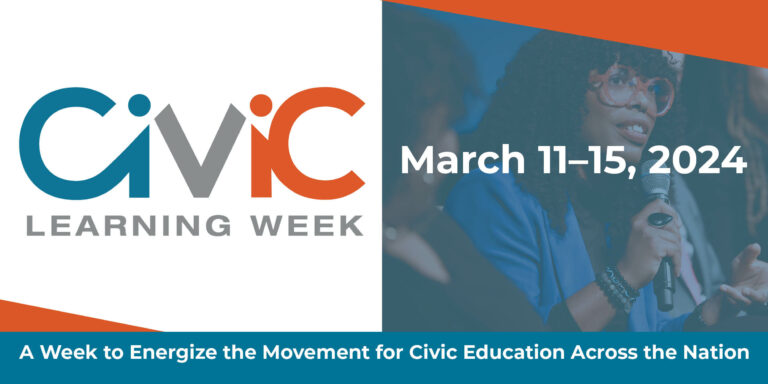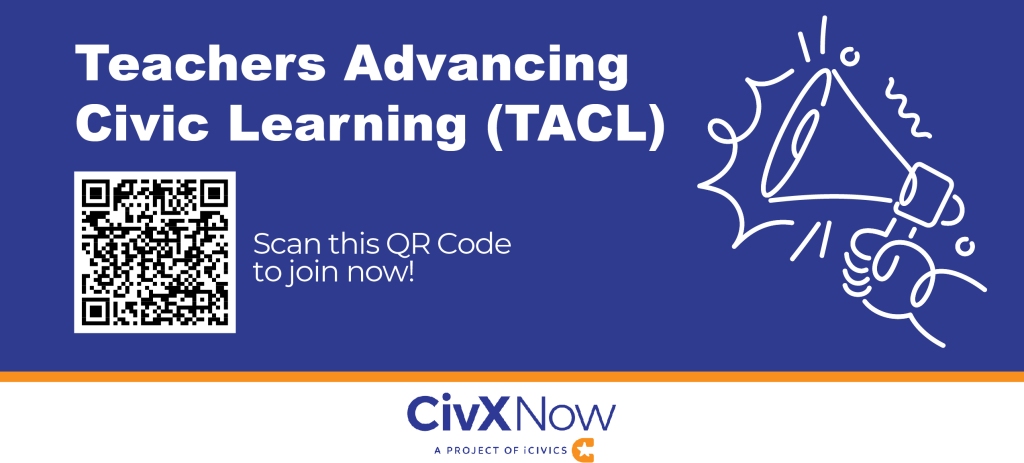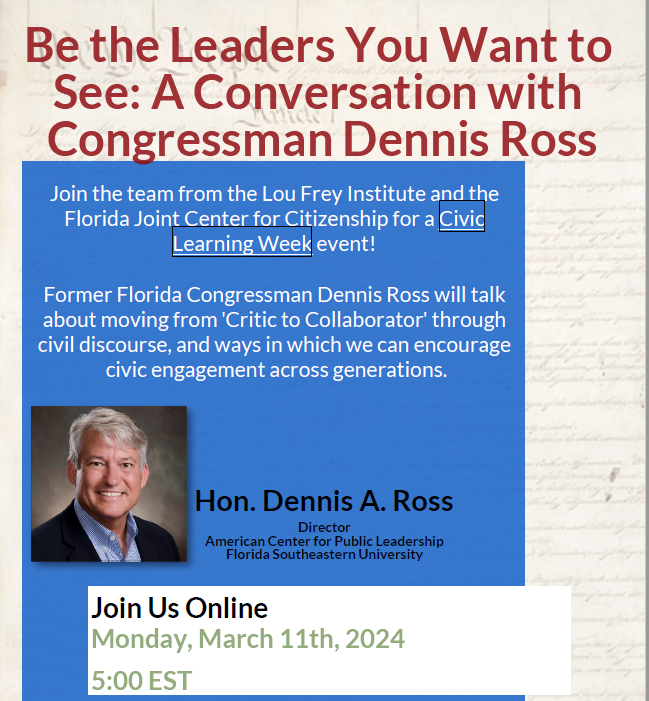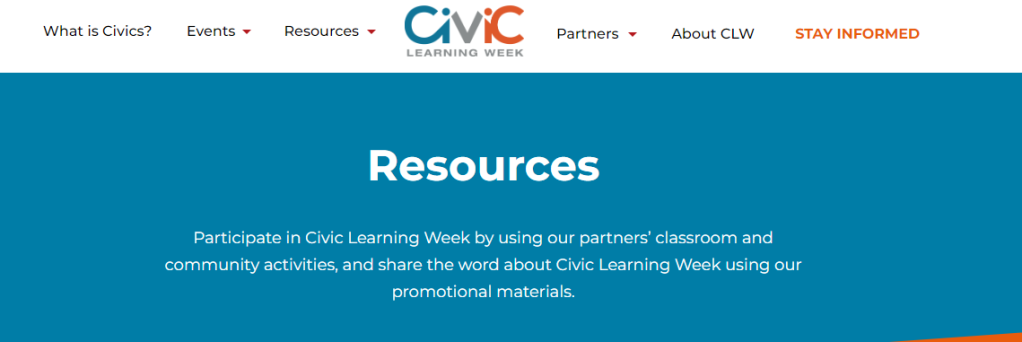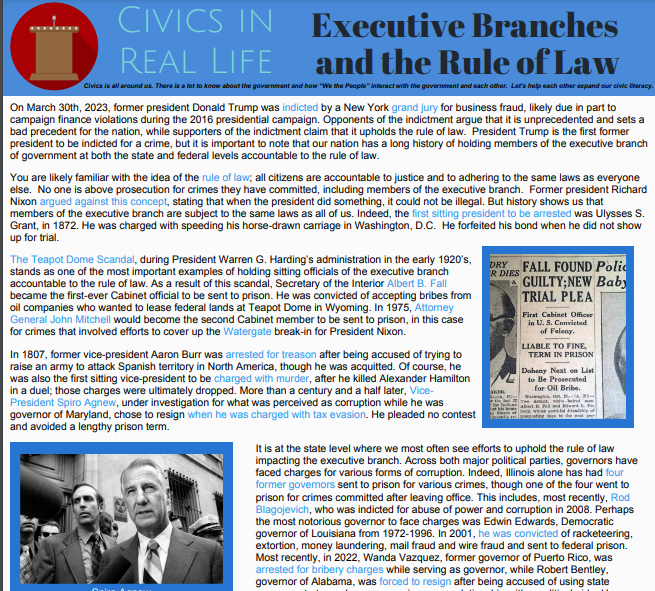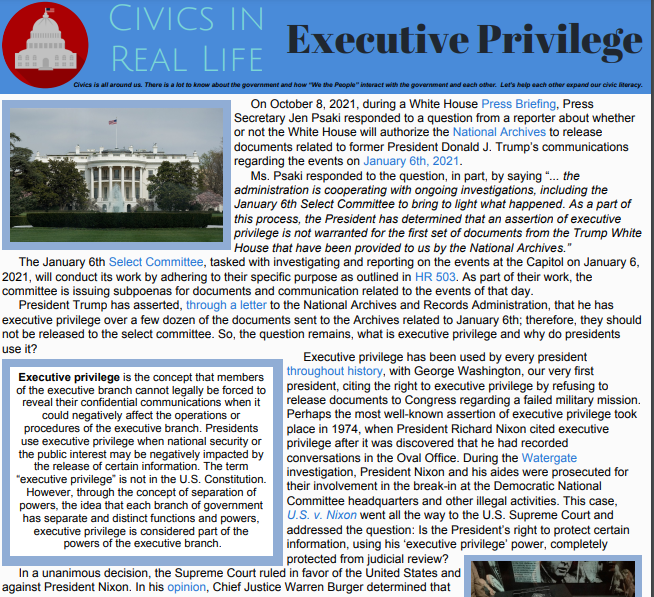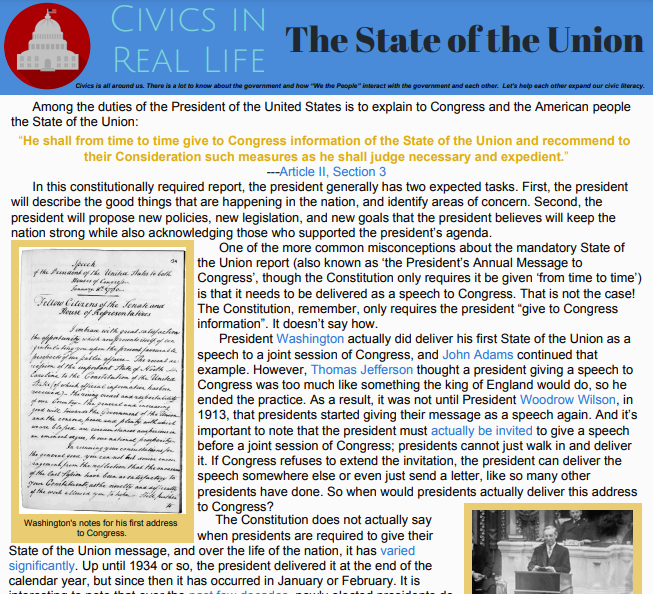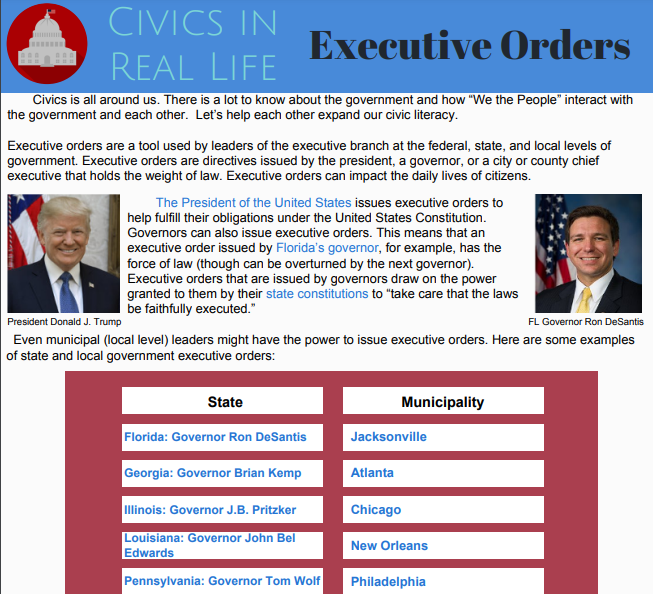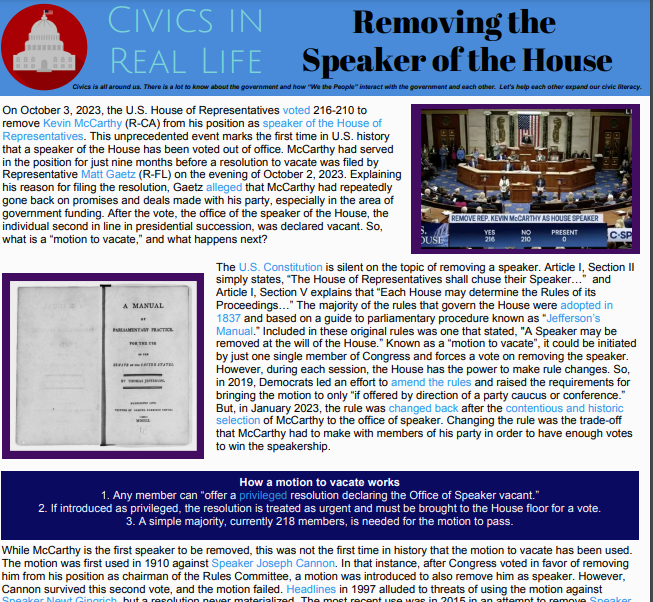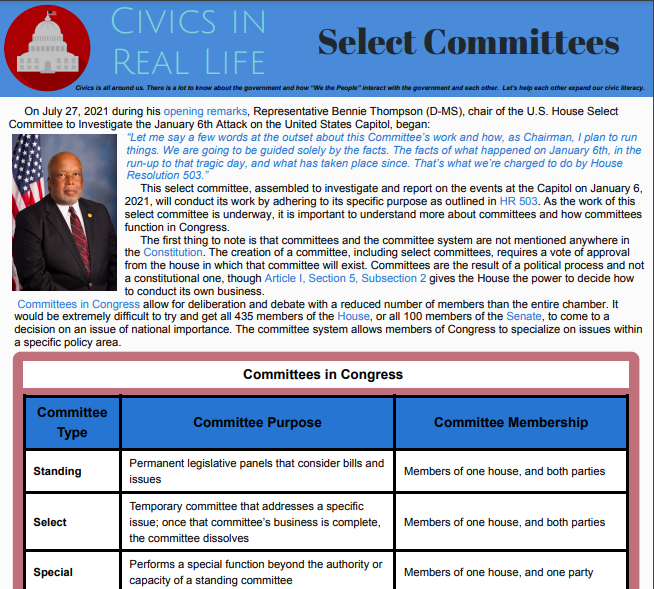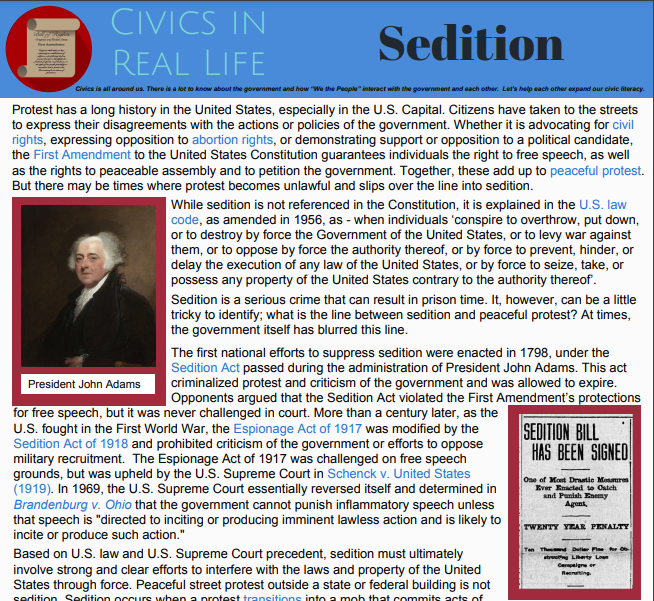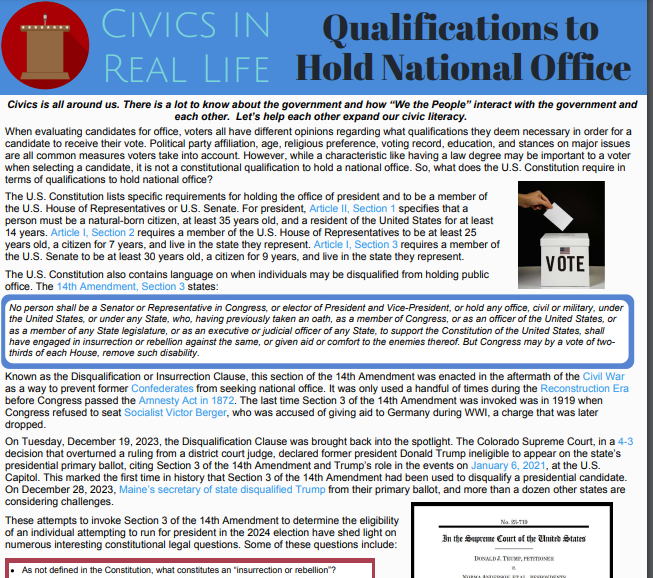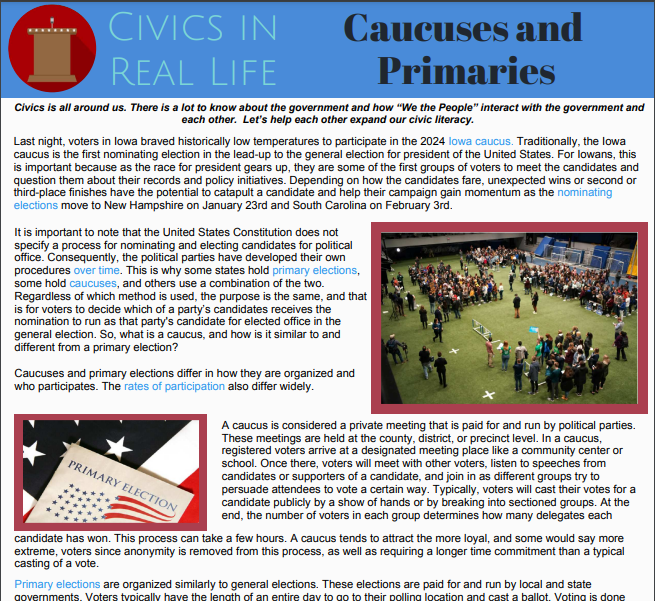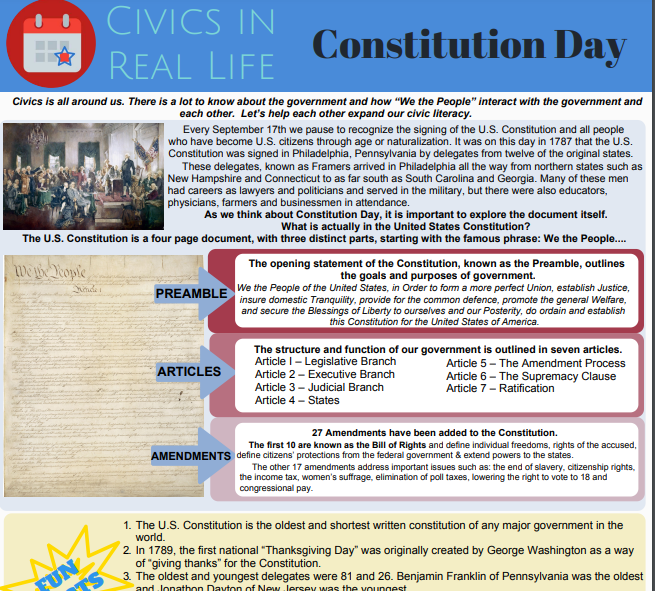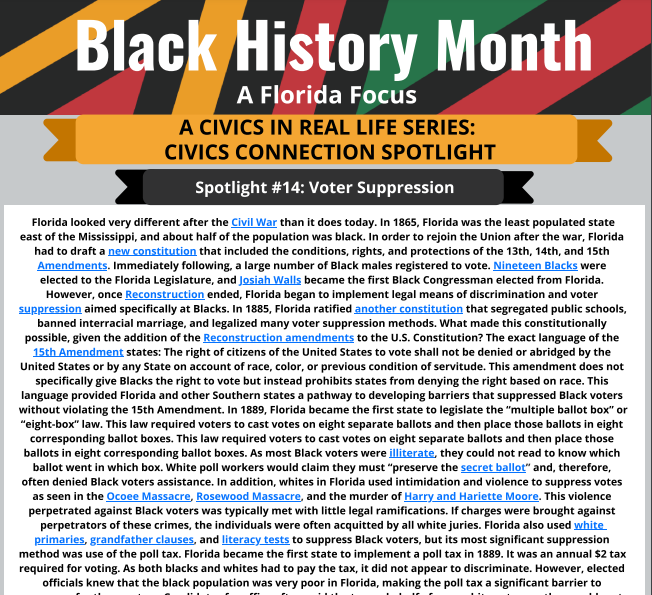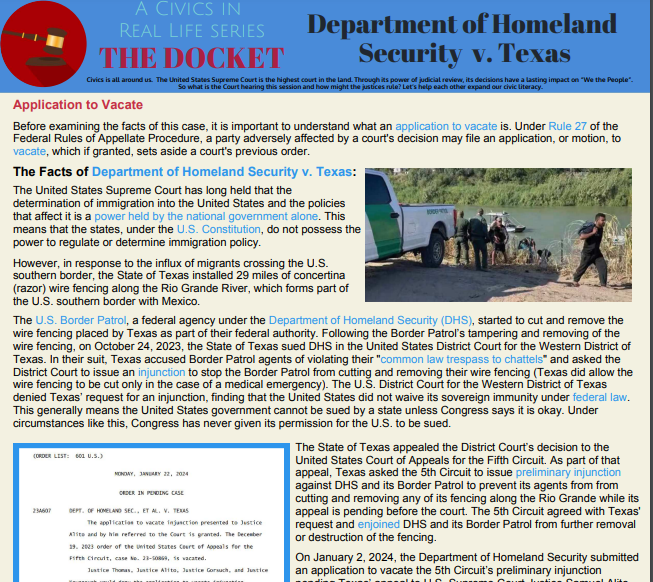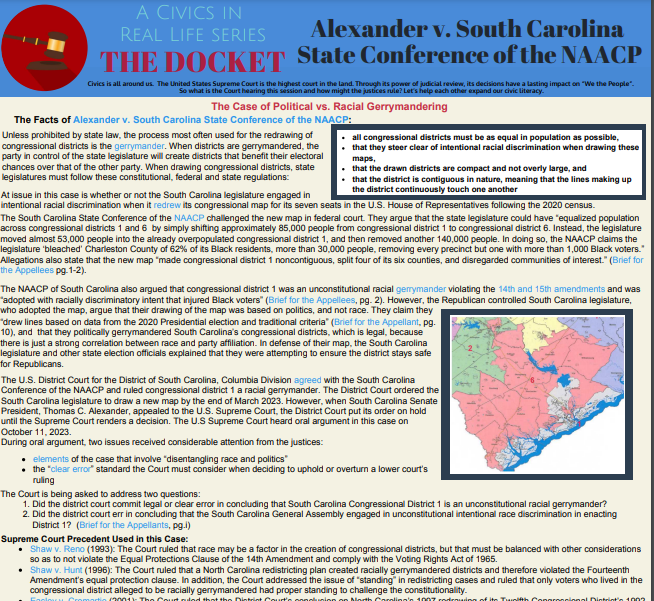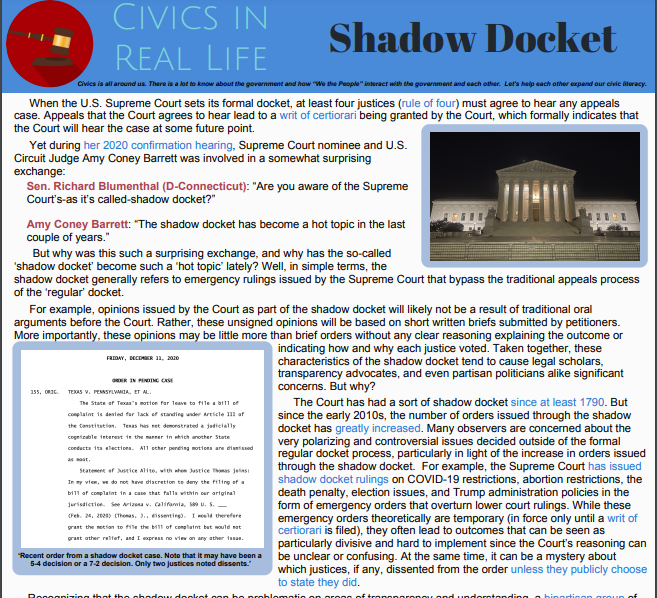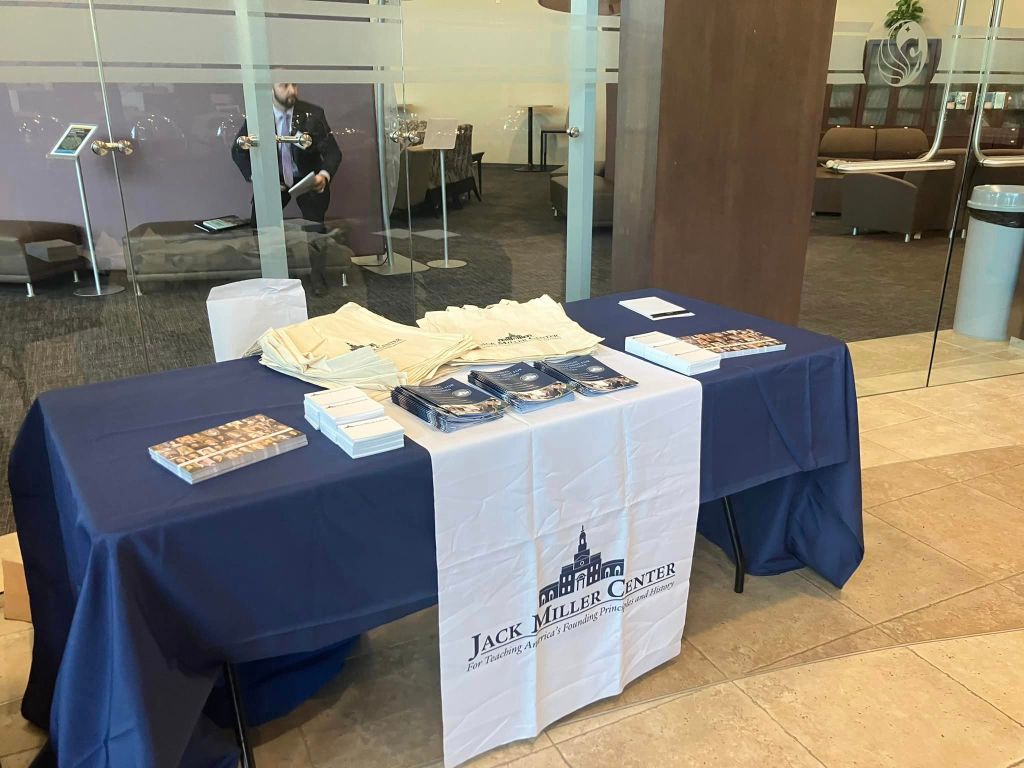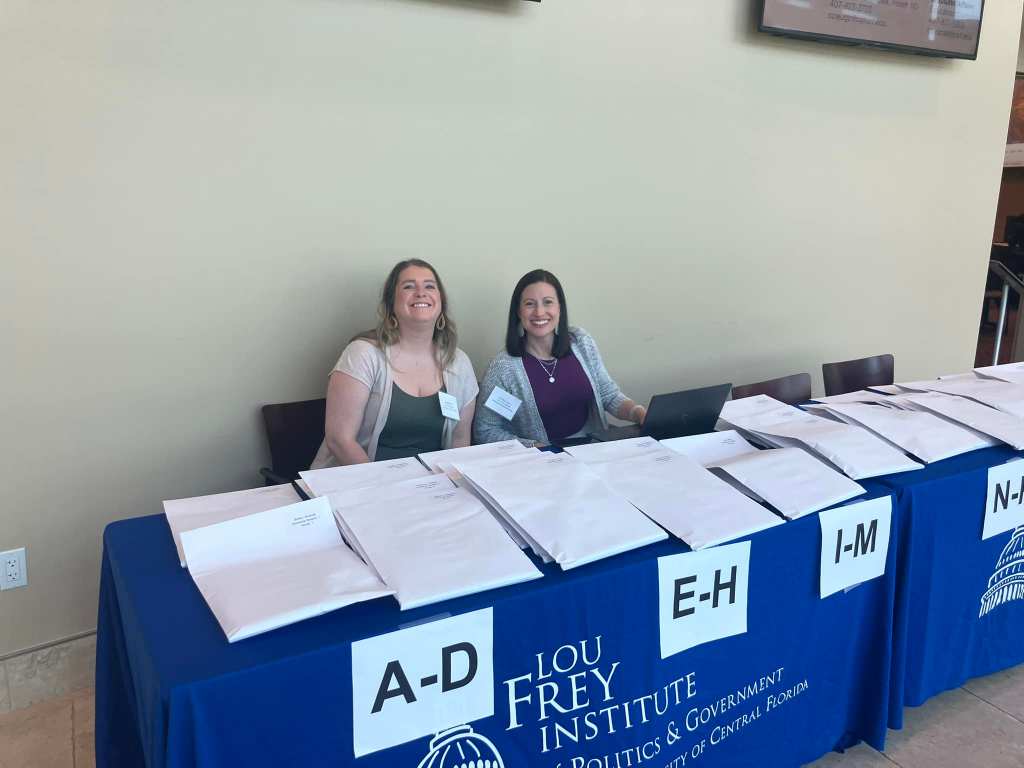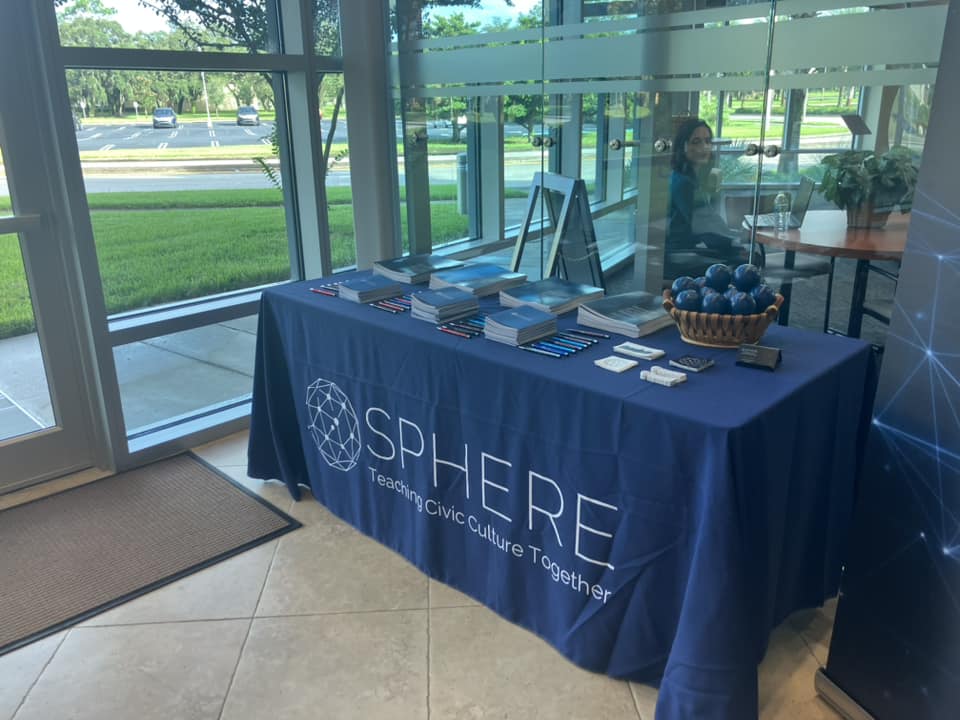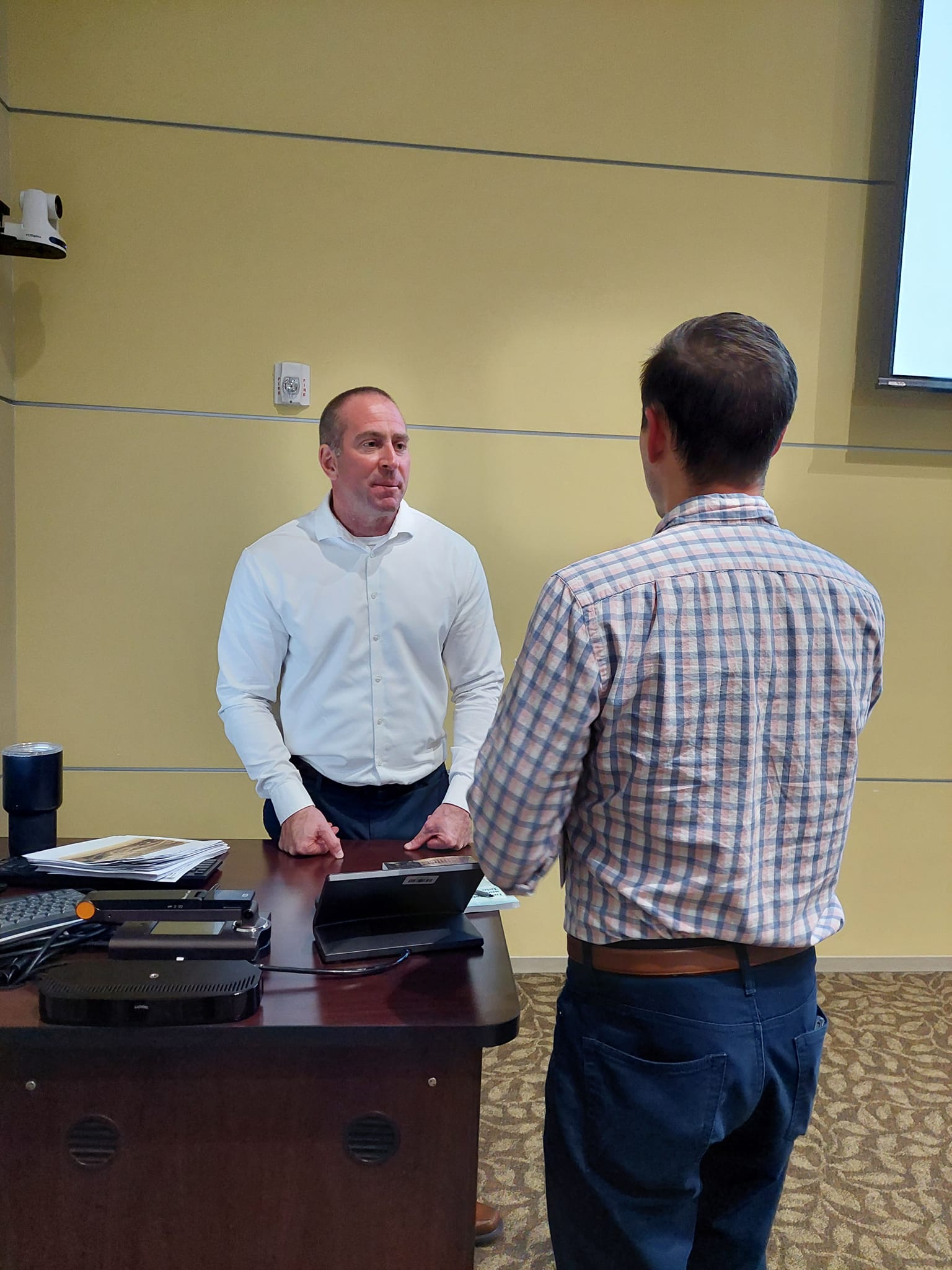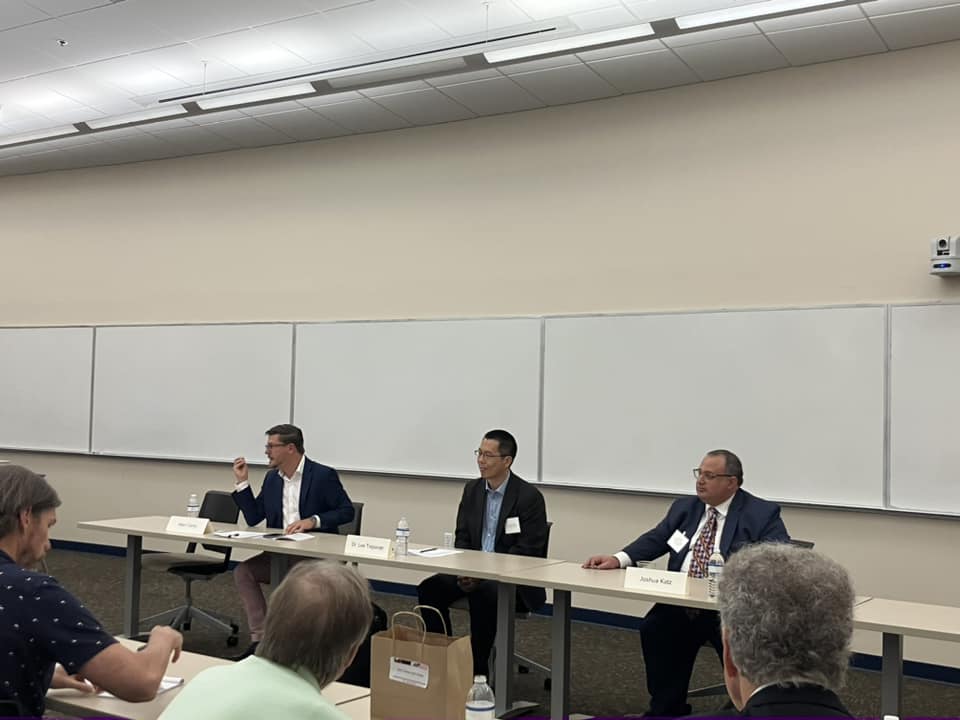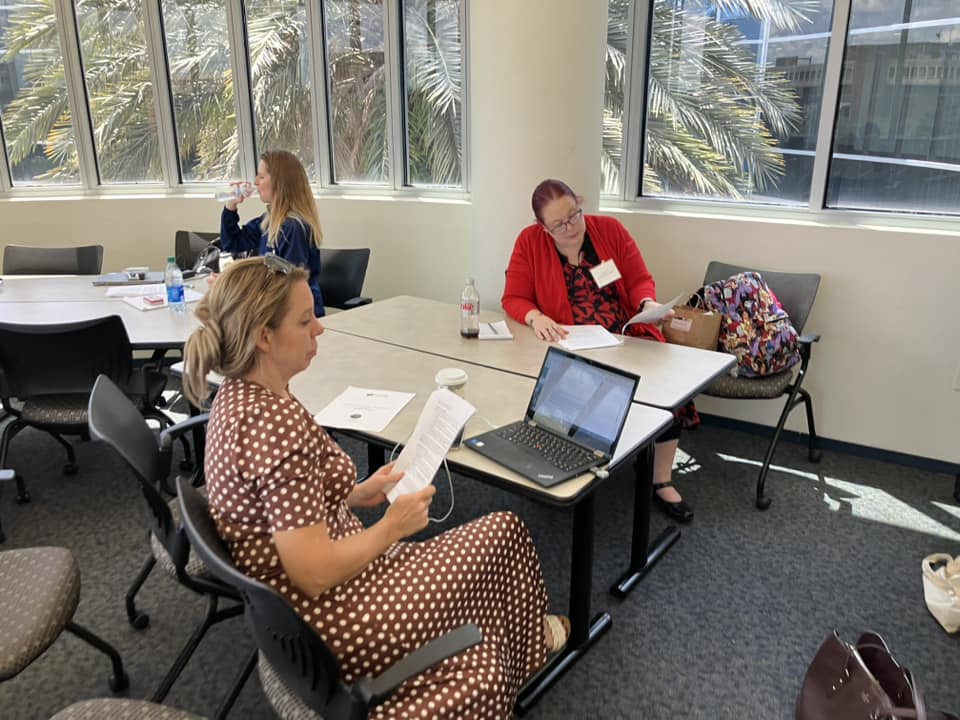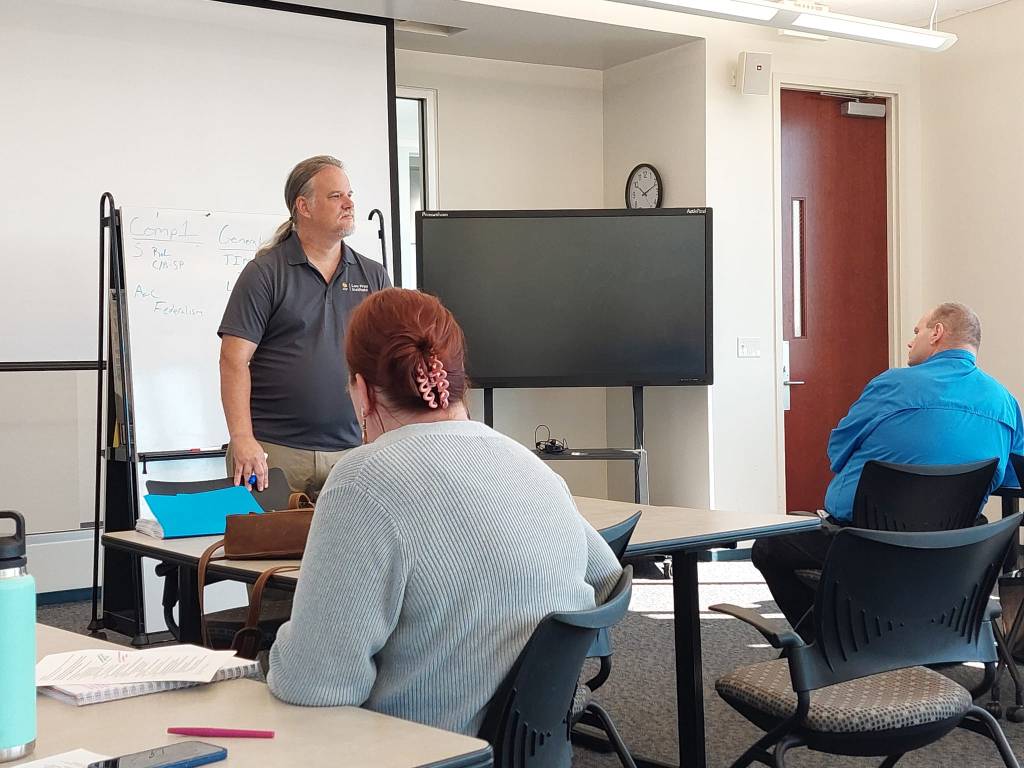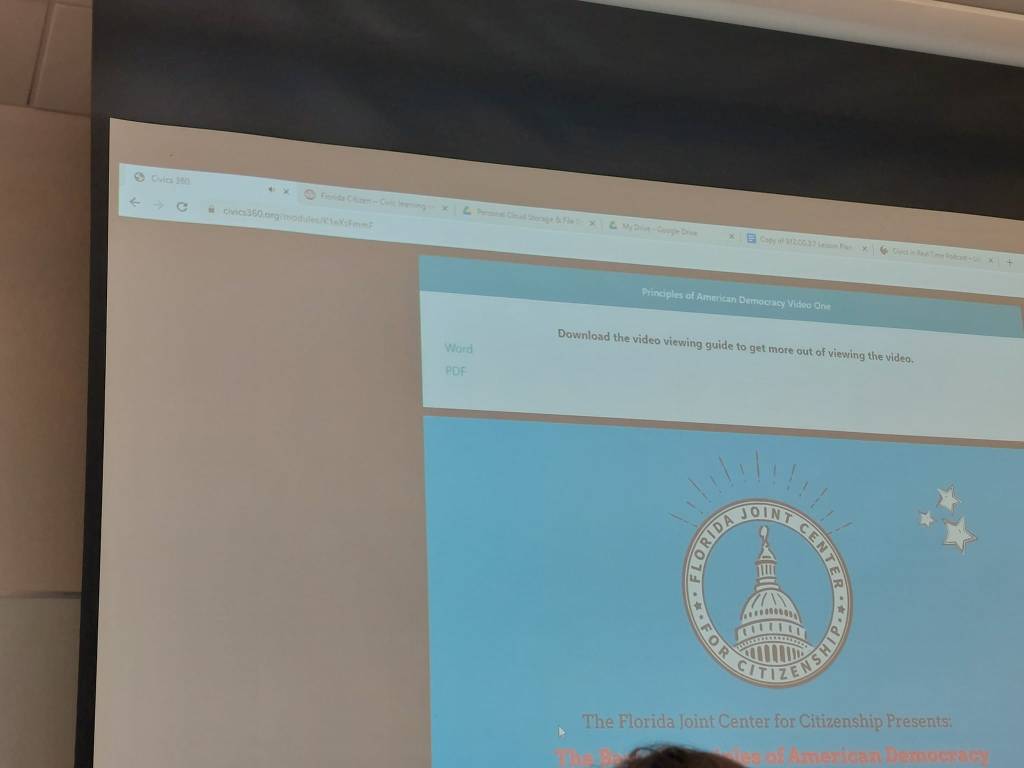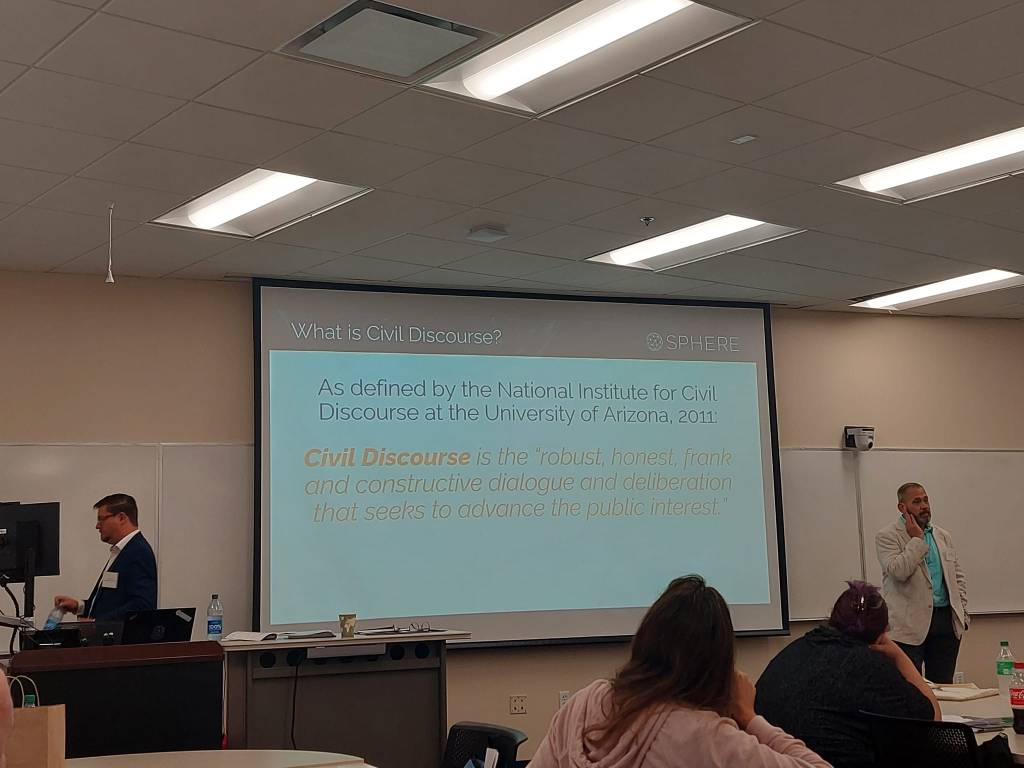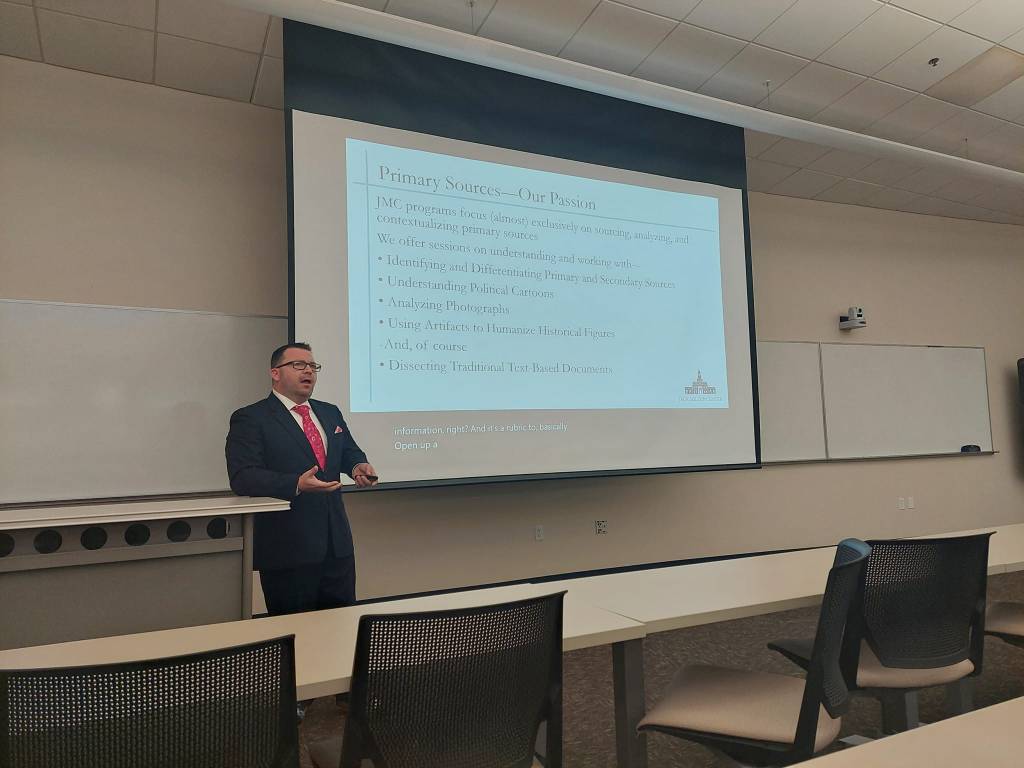Good afternoon, friends. Just wanted to share an important update for you. Unfortunately, through circumstances beyond our control or that of the college or university, the Institute’s budget is being reduced by $250,000.00 for the next fiscal year; this is a bit more than 50% of our base budget.
I would like to be clear on a couple of things here. At this time, the Institute is in a position to absorb this cut for the next fiscal year without impacting any of our staff, as we have multiple accounts we will be able to draw down and we will be able to keep all staff doing the good work that they are doing. This cut will perhaps impact our ability to deliver some in house programs, but we will figure that out as part of our planning for next year and I suspect we will be able to find at least some funds to cover them. Other departments, institutes, and centers in the college and across campus are facing similar cuts, and honestly, we are likely one of the few that can potentially absorb this for a year. We are hopeful that the funds will be restored at some point.
We are going to continue searching for competitive grants. We did apply for two last fall that we had a good shot at, but sadly did not quite make the cut at this time, losing out to larger organizations like the Center for Civic Education. We will of course continue to pursue opportunities. If you know of any grant opportunities in your districts or elsewhere, please let us know.
In addition to what I have laid out here, we are seeking partnership opportunities with other organizations to both raise our national profile and to deliver programming. For example, we did a workshop this past Saturday with the Jack Miller Center here at our office that was very well received, and we will be doing another with them in July, as well as an event with Bill of Rights Institute in late June (more information on those soon).
I would also add, with great reluctance, that we are contemplating some form of monetization of resources. To be clear, we desperately want our materials would remain free. Rather, at this point, this would be, for example, providing Xanedu with files like our upcoming civics EOC review materials to turn into a publishable work book. This is an internal debate that we will continue to have. Though we would never out anything on teachers pay teachers 😛
If you have any ideas about fundraising opportunities, we would love to hear from you. Please feel free to email me/us. We will continue our work and efforts to provide you with materials, resources, and professional development that you want and need to the best of our ability.
